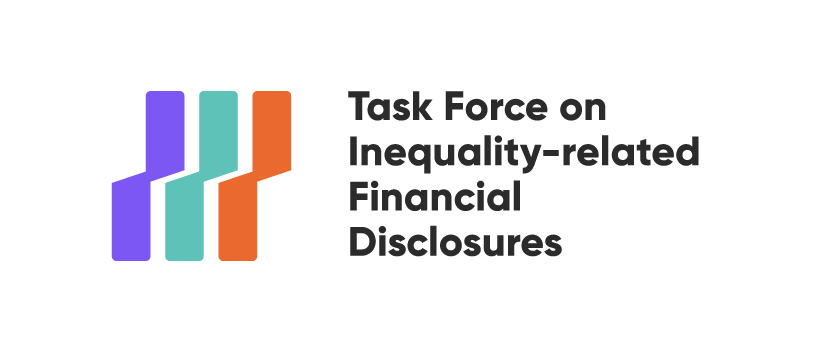
Towards a research agenda for TIFD
By David Fancis, Deputy Director, Southern Centre for Inequality Studies (SCIS)
The advent of Task Force on Inequality-related Financial Disclosures (TIFD) raises important conceptual questions about inequality, and the role of the private sector in the reproduction of economic inequality. On 6 December 2021, the Southern Centre for Inequality Studies (SCIS) and Intellidex hosted a South African focus group to share the TIFD concept and facilitate discussion among market analysts with experience in economics, finance, auditing, and investing and gender and labor market experts focused on inequality in the Global South. This feedback is shaping the 2022 research agenda for TIFD, which SCIS and Intellidex are leading.
The webinar opened with a series of inputs from SCIS and Intellidex examining fundamental questions surrounding TIFD, including:
How will TFD impact inequality in the Global South, taking into considerations the employment and labour market conditions?
What are the possible ways to implement this framework in the Global South and what complexities may arise?
Looking at the employment data in South Africa, a majority of the people employed in the informal sector are women and majority of the people formally employed are from minority groups. How will TIFD account for these issues?
How do we include considerations of inequality of race and gender in TIFD?
Are the effects of inequality on market returns and the disclosure effects on financial markets in fact sufficiently significant that TIFD can achieve its intended impact?
How do we measure firm inequality efforts that cannot be quantified, such as linking informal traders to the supply chain?
Participant interventions prompted lively discussion centring on five key points.
First, it is critical that there is clarity on what exactly TIFD is trying to achieve, and in turn the disclosures that are needed to drive it forward.
Second, while TIFD promises to address the risks inequality poses to companies themselves as well as the risks of the private sector on inequality within the broader society, in its development it will be necessary to clarify which disclosures achieve what end and how. Will each disclosure metric and target try to achieve one or the other, or both?
Third, it is essential to understand local context. In the case of South Africa and other high unemployment economies, for example, many people are excluded from economic participation in the formal economy, either as workers or as investors, which has implications for how we can think about addressing inequality through the market in relation to the fiscal system.
Fourth, being clear about the costs of not addressing inequality is vital to ensuring wide uptake of TIFD.
Finally, participants reinforced TIFD’s ambition to build upon and draw inspiration from existing work, as well as to pay particular attention to the shortfalls in current disclosure frameworks.
The discussion was instrumental in framing our research agenda and will be a springboard to similar discussions with a broader network of stakeholders from across the Global South.
